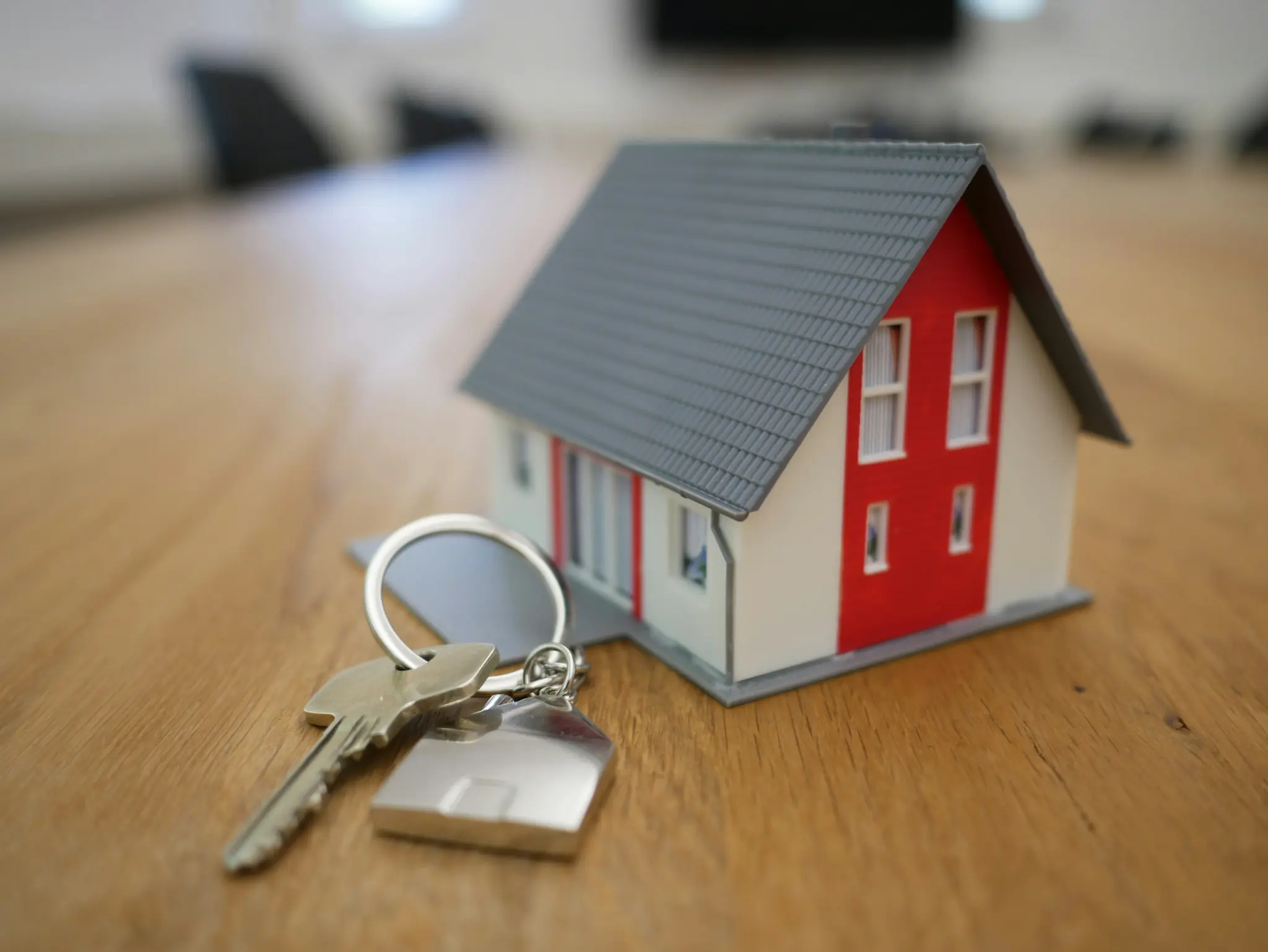Q: Is your house a retirement asset?
A: The short answer is no. Your house is not a retirement asset unless you plan to sell it or mortgage it during your retirement. I often hear people refer to their home as an asset, and some of that comes from the pride of homeownership. You’ve put a lot of hard work into getting and keeping your home, and while it is true that your home is an asset on your personal balance sheet, it is not an asset for retirement.
For something to be a retirement asset, you must be able to generate income from it or sell it when you need cash during retirement. If you are planning to live in your home during retirement, the equity you have in your home is trapped under your roof. So, unless you plan to sell and reinvest in something that costs less than where you live now, move somewhere else and rent out your home, get a “roomie,” or take out a reverse mortgage, all of that equity doesn’t generate any income for you. That means you need to have diversified retirement income and savings outside of your house to support your financial needs.
Q: Should you pay off your mortgage early?
A: Clients often ask me if they should pay off their mortgage early. For many people, their mortgage is their single largest monthly expense, and they can’t imagine being retired and still needing to make mortgage payments. However, before you sink your extra cash flow into your mortgage, you should consider a few points.
First, you need to think about where you will get your retirement income from. Unless you plan to sell your house, you will not generate any income from the house you intend to pay off early. Think about how you are going to pay for necessities like groceries and utilities, along with the fun stuff like travel, if you don’t have any money saved outside of your home. Social Security alone sure won’t cut it! You need to have either a pension or a personal savings account.
Second, look at the interest rate you are paying. If you were lucky enough to buy your house when interest rates were low, you could probably do better by putting your extra cash flow in the stock market. For example, let’s say you’re paying 3% on your mortgage, and a reasonably conservative investment might return 5%. If you invest your money earning 5%, you are using the bank’s money to build up your retirement savings since you only have to pay 3% on your mortgage. If your interest rate is higher, then that analysis might change.
So, if you want to pay your mortgage down faster, first evaluate if you are saving enough for retirement. If you aren’t, then you should redirect your cash flow to your retirement savings first. If you are saving enough, then look at how much you are paying for your mortgage. If the interest is less than what you expect to make on long-term investments, consider investing in the market and paying your mortgage off with those proceeds later. However, every financial situation is unique, and it’s essential to consider your individual circumstances when making these decisions. Talking with a financial advisor can help you make the best decision for you and your future.
COD00000192/April 2024


